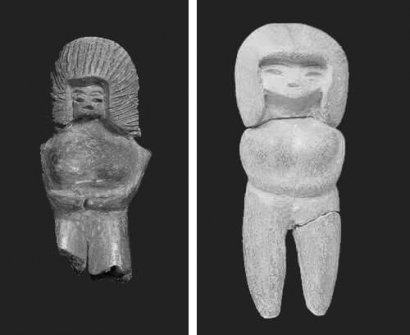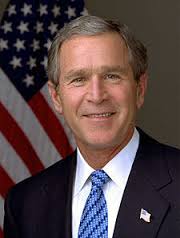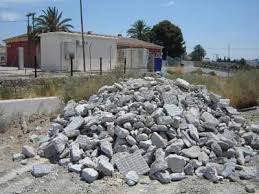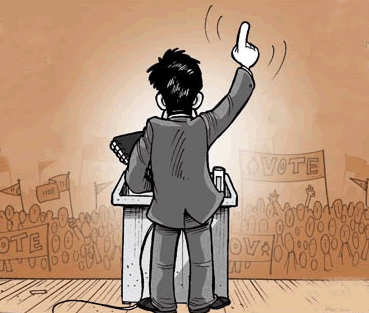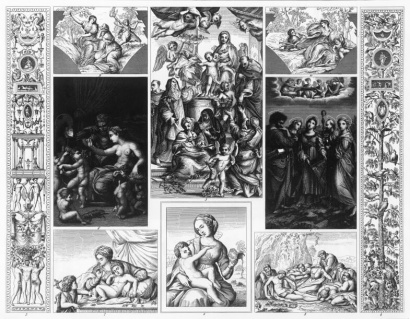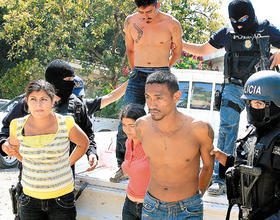 Each individual is a member of a community. Their relatives, friends, neighbors and fellow citizens make up their human environment and they all share cultural and emotional ties. These ties shape the collective identity of a people. Collective identity is, in short, what differentiates one human group from another.
Each individual is a member of a community. Their relatives, friends, neighbors and fellow citizens make up their human environment and they all share cultural and emotional ties. These ties shape the collective identity of a people. Collective identity is, in short, what differentiates one human group from another.
Elements of collective identity
The present reality of a people is the consequence of its past. Thus, the most relevant historical events related to a group allow us to explain its evolution over time. The case of Jewish identity is paradigmatic, since its culture and religion could not be understood apart from its history.
The language of a people is another of its most unique features
If we think about Argentina's national identity, its official language is Spanish, but the Spanish that is spoken in certain areas of the country has other elements, such as Lunfardo, the influence of Italian or Guaraní.
A human group builds its own identity when, in addition to a history and a language, it shares a series of cultural elements: symbols, popular traditions, folklore, gastronomy, a sense of humor, etc.
The debate on collective identity
Although this is a concept in common use (we all have a collective identity), it is not without controversy. Let us illustrate this controversy with several reflections as an example.
1) The idea that an identity of a human group is associated with a territory is imprecise, since gypsies, Jews, Kurds and other peoples have common features but they do not have a single territory.
2) Not all individuals are part of a collective identity, as some people call themselves world citizens or cosmopolitans.
3) The concept of collective identity is related to some historical episodes of xenophobia. In the Athens of the classical world, the Athenians were “second-class citizens”, in Nazi Germany only the authentic Aryans enjoyed social recognition and some French citizens of Maghreb origin did not integrate into their own country. These examples remind us that the idea of collective identity can be used to create a climate of social tension.
4) A fundamentalist collective identity criterion becomes a dangerous tool that can threaten freedom and individual identity.
Photo: Fotolia - Gorilla
